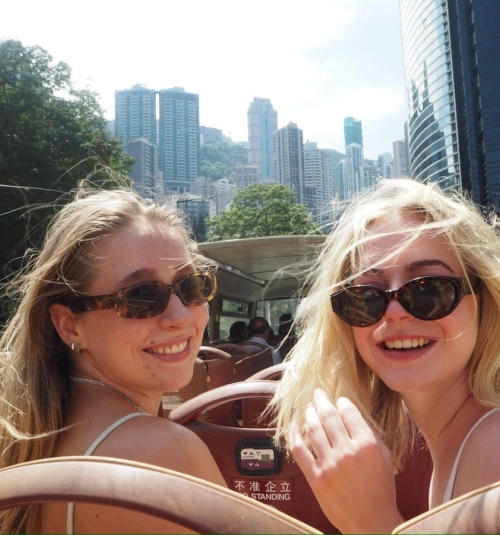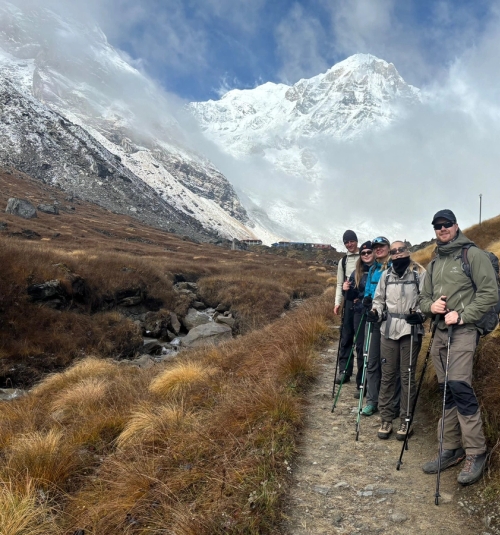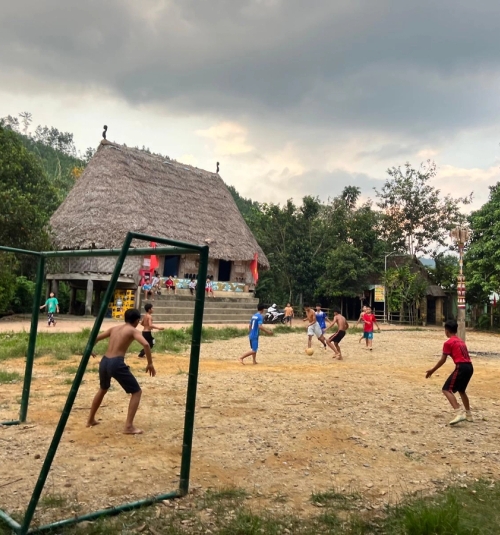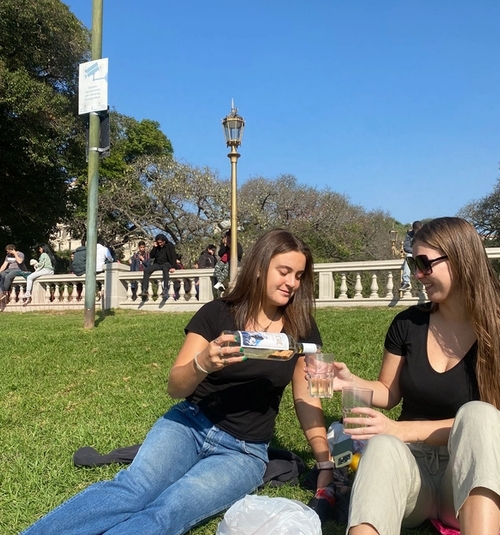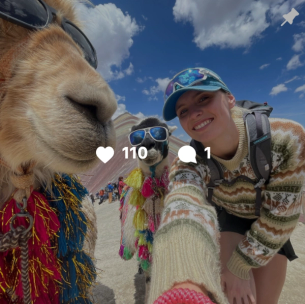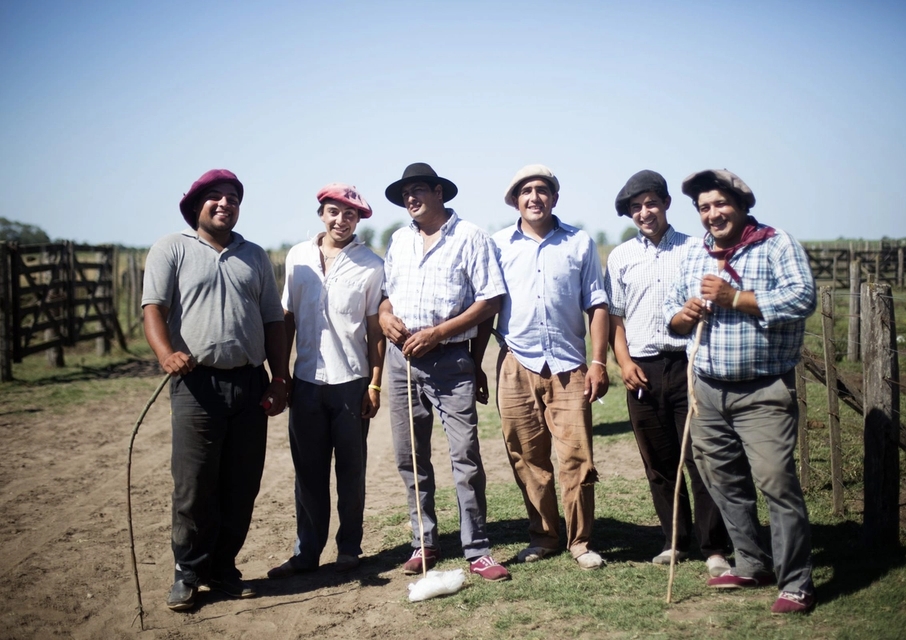
The Real Gauchos of Argentina
Helten vandrende på Pampas. De romantiske lovløse cowboyene. De frie levende legendene i det argentinske samfunnet. En gang i tiden nomadiske cowboyer i de enorme fruktbare gresslettene. Ryttere som ser seg selv som kentaurer – halvt menneske, halvt hest. Gauchos.

Denne teksten er oversatt ved hjelp av kunstig intelligens.
Se den originale versjonen av artikkelen her.Vi besøkte nylig pampasbyen Coronel Vidal i provinsen Buenos Aires, hvor det finnes det en stolt gaucho-kultur. En kultur som vekker en følelse av identitet og nasjonalistisk stolthet i Argentina.
Baren «La Esquina de Arguás» er en av Argentinas eldste pulperías, et møtested hvor gauchos samles for å ta en drink eller asado (grilling).
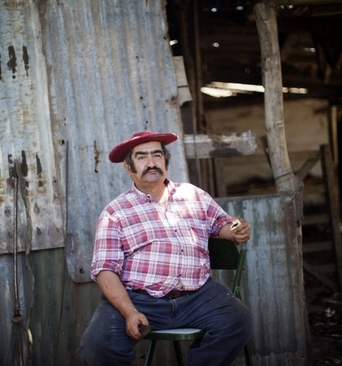
Å være en gaucho betyr også å være en mann. Det er relatert til “machismo”-kulturen, og kvinner er ekskludert fra det mannlige gaucho-samfunnet. Kvinnenes ansvarsområder er begrenset til biologisk reproduksjon, og historisk sett, magi og helbredende aktiviteter.
Navnet gaucho antas å stamme fra Quechua, og betyr foreldreløs føll eller kalv. Det er vanskelig å fastslå deres opprinnelse, men alt begynte med den spanske grunnleggeren av Buenos Aires, Pedro de Mendoza, som var den første til å introdusere 72 hester på pampasen i 1541.
50 år senere hadde hestepopulasjonen økt til 12 000. Som en følge av dette lærte urfolkene som bodde i regionen å ri på hester.
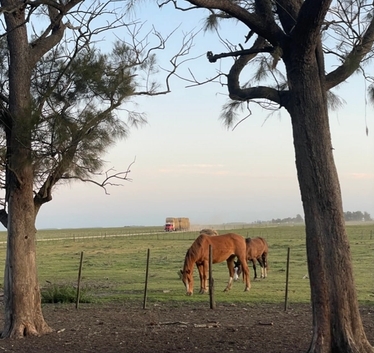
I denne forhistorien til gauchos, fremstår de i tegninger med en poncho og boleadoras, eller bolas, et verktøy og våpen bestående av runde steinkuler dekket i lær og festet til et tau for å fange hester.
Men det var først med mestizosat de første "ekte" gauchos dukket opp. De begynte å tjene på de koloniale ranchene som ryttere – gauchos. I motsetning til landeieren, eide ikke gauchoen land og måtte arbeide for å tjene til livets opphold.
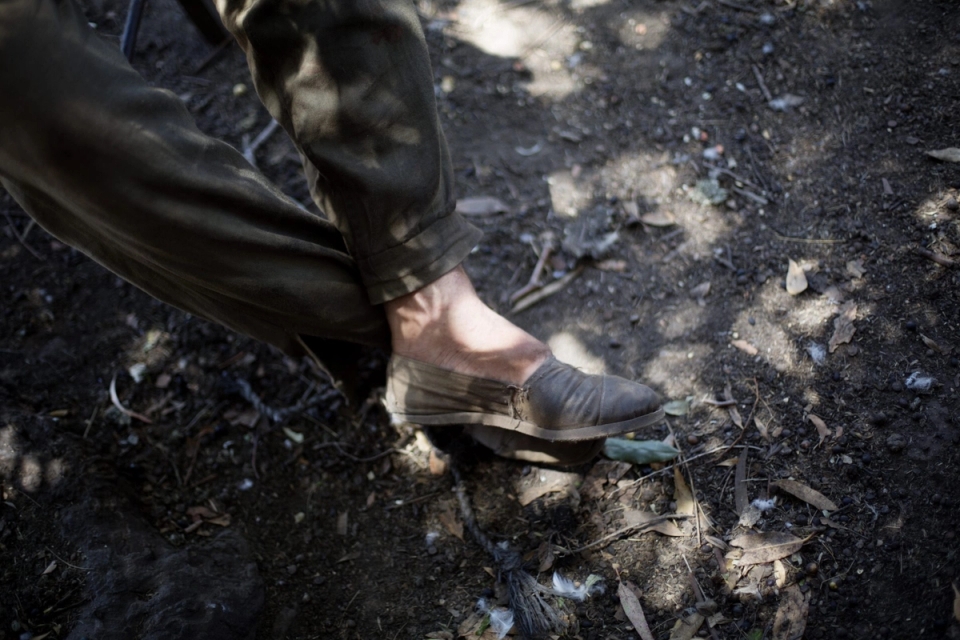
Dessuten kan deres lange tradisjon med å drikke mate være det sterkeste beviset på deres urbefolkningens arv ettersom den varme teen opprinnelig ble dyrket av guaraníene.
Deres anerkjennelse i det argentinske samfunnet ble fornyet under uavhengighetskrigen (1810 til 1818). Gauchos spilte en avgjørende rolle i kampen på siden til de argentinske patriotiske styrkene.
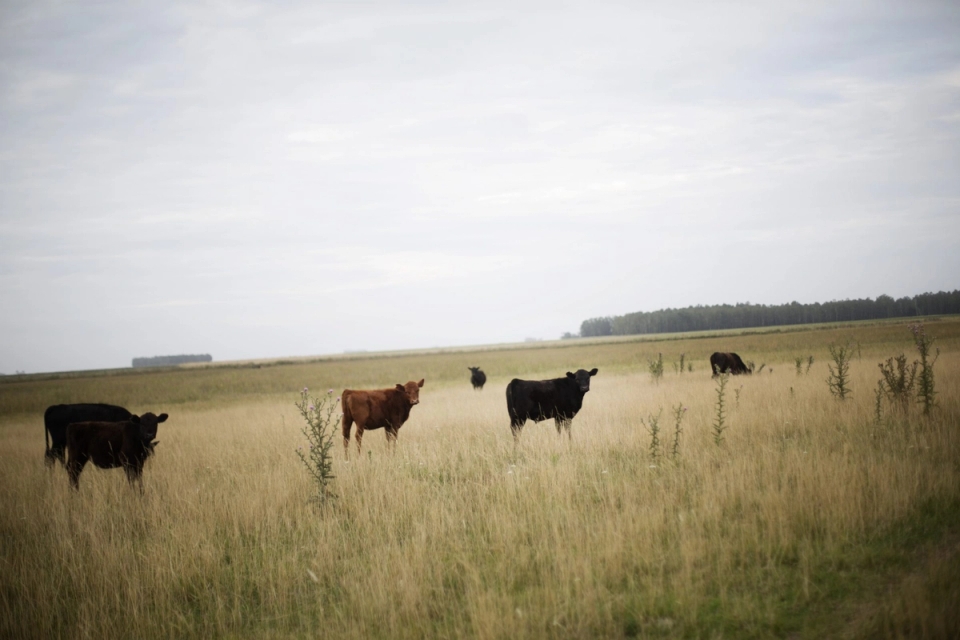
Etter at den patriotiske styrken erklærte uavhengighet, fremsto gauchoen som hovedpersonen i gaucho-litteraturen, gauchoesque, en litterær bevegelse som reflekterer deres mentalitet og verdier.
“En usedvanlig slående gruppe menn; som regel høye, veldig kjekke, men med det mest stolte, løsslupne uttrykket”, skrev Charles Darwin om gauchoene i 1839.
Per i dag lever gauchoene i Brasil, Uruguay og Chile i tillegg til Argentina.
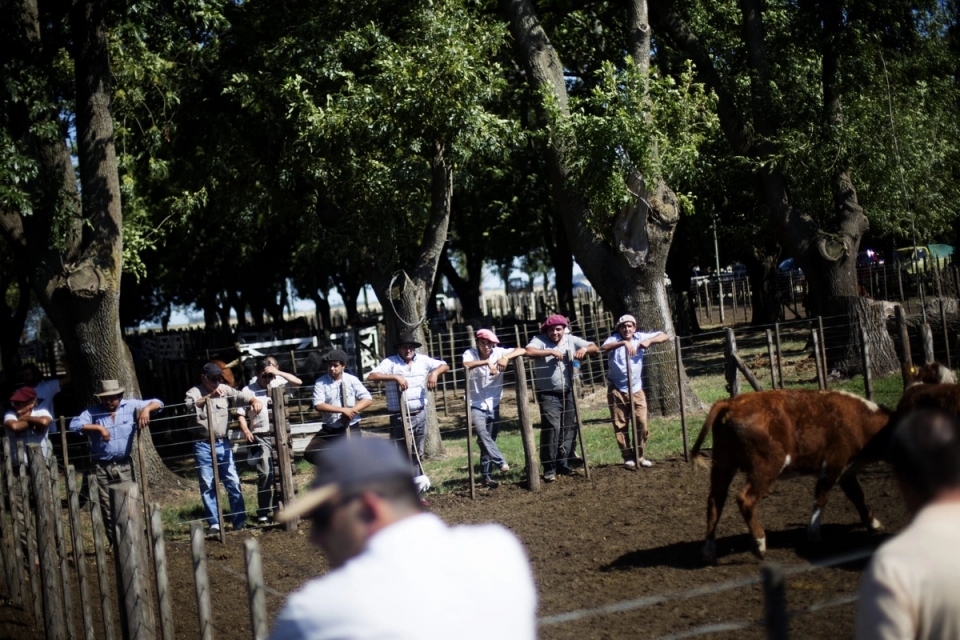
For å forstå mer av deres identitet, les en av de mest berømte bøkene om gauchoen – den 2316 verselinjer lange «Martin Fierro» (1872) skrevet av José Hernández.
Dette er en del av det, i engelsk oversettelse:
Like an ownerless horse the gaucho is,
That everyone may ride.
They break his back and they break his heart,
For life he must struggle from the start,
Like the tree that without a shelter grows
On the wind-swept mountain-side.
